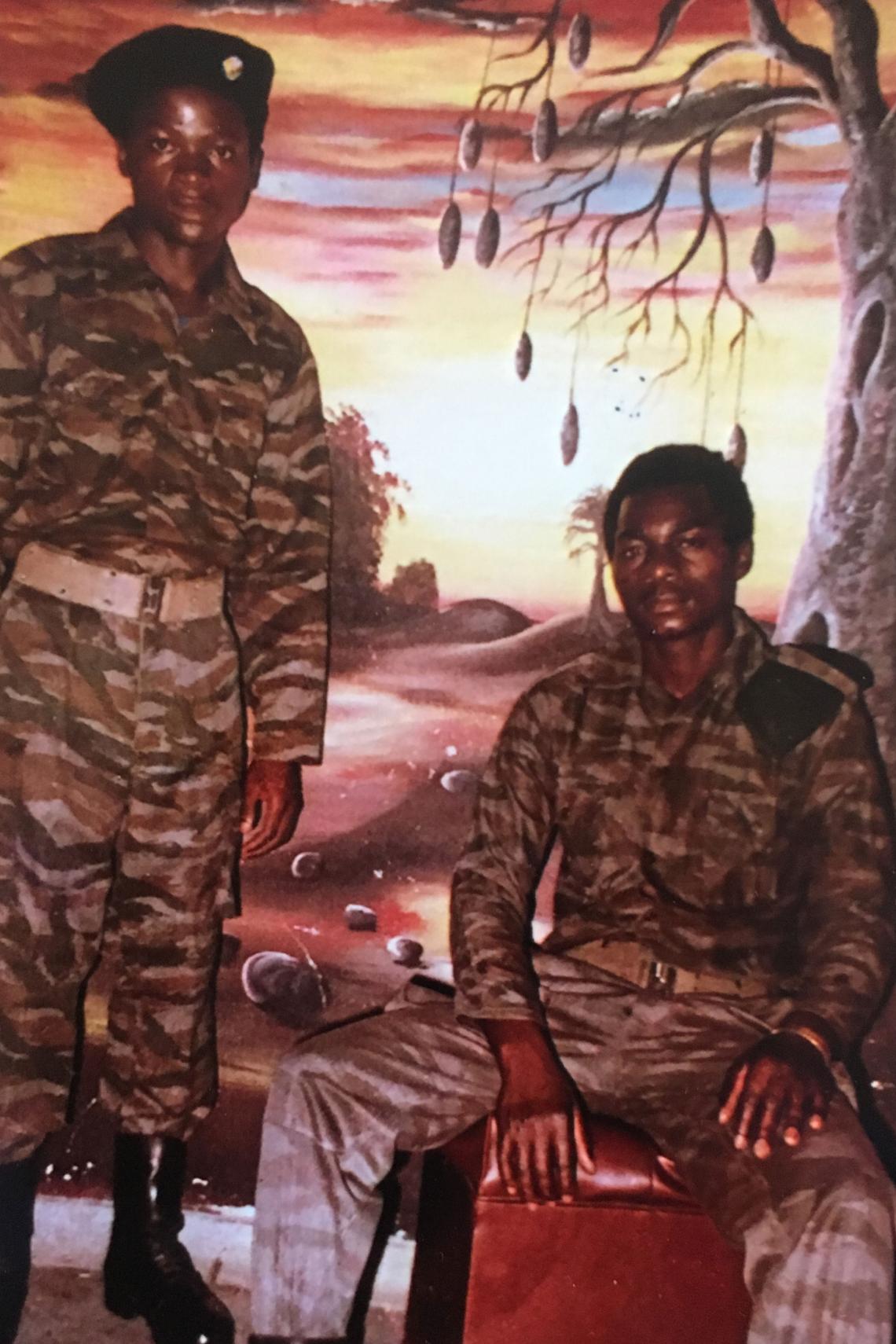Jocelyn Alexander wins Leverhulme grant for project on Cold War-era ‘global soldiers’
Professor Jocelyn Alexander has won a Leverhulme Research Project Grant for a three-year project exploring the histories of Cold-War era ‘global soldiers’, focused on southern Africa’s liberation armies and their Soviet interlocutors.
The Co-Investigator is Professor JoAnn McGregor of the University of Sussex.
A striking effect of the combination of Cold War competition and decolonisation was the multi-directional movement of people, ideas and things across the globe. Ground-breaking research on this phenomenon has traced a great range of political, social and cultural exchange, shifting our understanding of the locus and content of Cold War-era solidarities and struggles.
However, this work has paid little attention to the content, experience and legacies of military exchanges, and specifically military training, in sites dispersed around the globe. Tens of thousands of mostly young men from dozens of countries participated in these exchanges; uniquely complex militaries were made by them. In southern Africa, one of the ‘hottest’ regions of Cold War-era contestation, these military networks were essential to the prosecution of the liberation struggles whose outcomes would dramatically remake the region. For veterans in both southern Africa and the former Eastern bloc the effects of these wars have endured in a host of ways.
The new project takes as its focus the ‘global soldiers’ who formed these Cold-War era armies in southern Africa. Its concern is for the making of ‘military cultures’ in globally dispersed sites of training, and its methodology relies primarily on oral histories of rank and file soldiers and military instructors and advisers, both African and those of Cold War allies. This subject has barely been touched upon, but its importance is immense. It lies at the heart of understanding the making and effects of unique military genealogies, of global soldiers’ political, social and embodied identities, and of the multifarious legacies of these wars for ordinary veterans, military institutions and post-colonial politics.
In addressing this topic, the researchers bring together two important bodies of scholarly work: studies of the global Cold War and transnational liberation movements on the one hand, and critical military studies on the other. Connecting these literatures allows new questions to be posed and new concepts and methodological approaches to be developed. These may be applied not only to the study of southern African global soldiers but to the military formation of other transnational armies, both older and more recent. The study thus offers the potential for comparative work in different times and places using the concepts and methods it develops.
Photo: Cuban-trained soldiers of the Zimbabwe People’s Revolutionary Army in Luanda, Angola, c 1979. Courtesy of Charles Makhuya.
Find out more about Leverhulme Research Project Grants.

